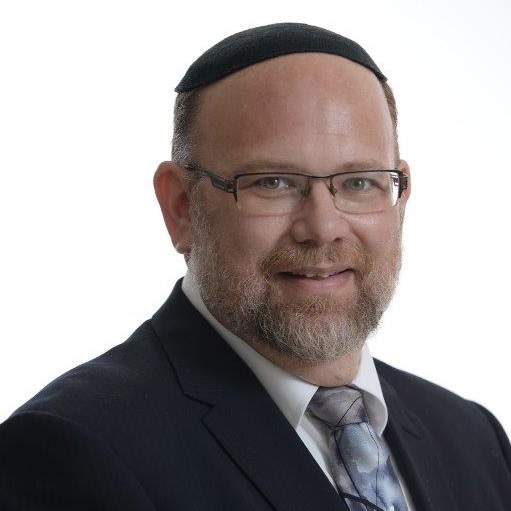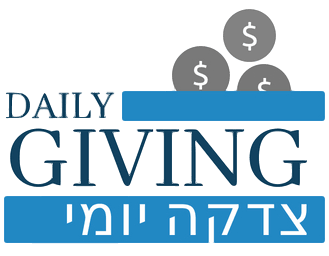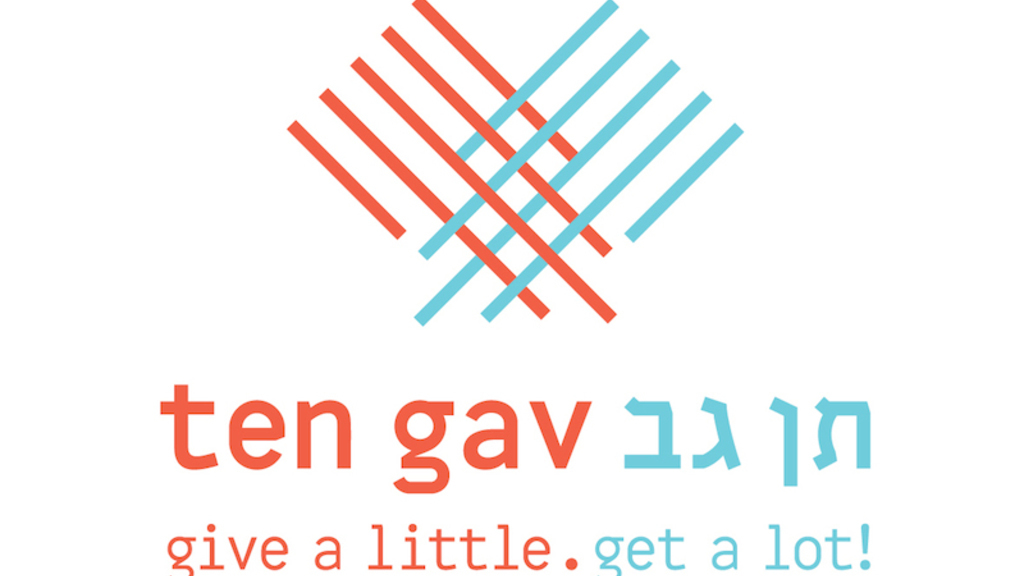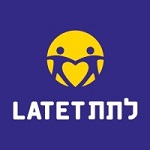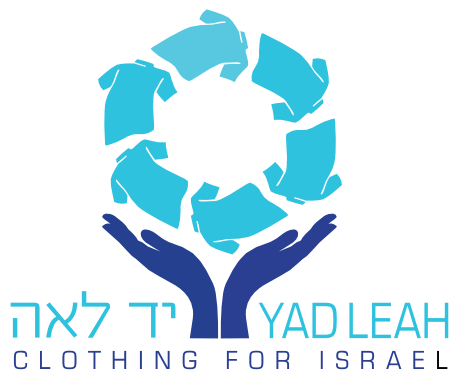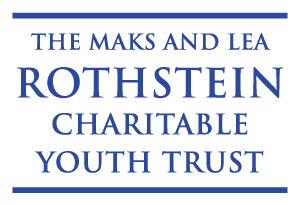Divrei Torah: Und Vos Zogt Gott?
One who has a position of leadership or influence must be extremely careful with their statements, commentary and behavior.
The Parsha in Chesed – Parshat Bo
ויאמר – “and He said,” is one of the most frequently occurring words in all of the Torah.
During the narrative of the bondage and exodus of the Jewish people, we encounter numerous conversations between HaShem and Moshe. Those directives were then repeated to Pharoh.
Time and time again the word ויאמר introduces a particular segment.
Moshe reiterates to Pharoh that it is not he, Moshe, giving the orders or making the requests. It is G-d Himself who is directing the scenario. Moshe, and at times Aharon, are simply the messengers.
There are several instances in the Torah where Moshe and Aharon are praised for fulfilling G-d’s directives to the letter.
Why should that be praiseworthy? As messengers of G-d, wouldn’t one expect them to transmit and fulfill the exact directives?
It is human nature for someone, even inadvertently, to interject their personal feelings or agenda when giving over a message. At times, it could even be the omission of a single word, inflection in their voice or body language.
Moshe and Aharon understood that the word of G-d must be given verbatim, in its pure form. Notwithstanding that there are “70 facets to the Torah”, those facets must emanate from the “Diamond” of His Word.
The praise of Moshe and Aharon is underscored because of their ability, despite being great men themselves, to give over the message free and clear of any personal interests.
They also recognized that as messengers of HaShem, they were His representatives to Pharoh, to the nation and to the world.
Rabbi Berel Wein recounts many stories about Rabbi Alexander Rosenberg, Z’L, the first kashrut administrator of the Orthodox Union and a Rav in Yonkers, New York. Rabbi Rosenberg was once approached by someone seeking consent from the rabbi for something that was, at best, ethically questionable. The person qualified his position by quoting several sources that were in line with his thinking. After hearing all of those who gave backing to the man’s actions, Rav Rosenberg responded in his frequently used answer: “Und vos zogt Gott?—And what does God say?” Would it pass His muster?
Und Vos Zogt Gott? What does G-d say? Does he approve? Such a simple, yet fundamental measuring device for anyone truly wishing to emulate HaShem and His Torah.
We must constantly (and consistently) ask ourselves that question. What would HaShem “say” about the way in which we conduct our business, our relationships and our daily behavior?
Are we trustworthy representatives? Do our words and actions reflect the Godliness within each of us?
Too often, our behavior is influenced more by the opinions and “norms” of our society of friends, neighbors, school administration and shadchanim than by what G-d and the Torah truly expect from us.
When a tragedy occurs, people seek comfort, guidance, assurance and inspiration. Not excuses, agenda or finger pointing. Even when the speaker can quote many “sources” for their stance.
These days, it seems as if everyone has an opinion or an insight into how and why “things happen”. And thanks to our digital world there is a virtual stage from where to broadcast it.
Und vos zogt Gott? Would He approve of the message from those speaking “In His Name”?
Are their words inspired by the truth of Mount Sinai or the soapbox of public opinion? Is their concern for the honor of Heaven and the Jewish people or in boosting their own popularity and agenda?
One who has a position of leadership or influence must be extremely careful with their statements, commentary and behavior.
In this week’s משנה יומית, we learn the famous practice of one of the great Tana’im: (Brachot 4:2)
רַבִּי נְחוּנְיָא בֶּן הַקָּנָה הָיָה מִתְפַּלֵּל בִּכְנִיסָתוֹ לְבֵית הַמִּדְרָשׁ וּבִיצִיאָתוֹ תְּפִלָּה קְצָרָה. אָמְרוּ לוֹ, מַה מָּקוֹם לִתְפִלָּה זוֹ. אָמַר לָהֶם, בִּכְנִיסָתִי אֲנִי מִתְפַּלֵּל שֶׁלֹּא תֶאֱרַע תַּקָלָה עַל יָדִי, וּבִיצִיאָתִי אֲנִי נוֹתֵן הוֹדָיָה עַל חֶלְקִי
Rabbi Necḥunya ben Hakana would recite a brief prayer upon his entrance into the study hall and upon his exit. They said to him: (The study hall is not a dangerous place that would warrant a prayer when entering and exiting), so what is the source for this prayer? He said to them: Upon my entrance, I pray that no hazard/mishap will transpire caused by me in the study hall. And upon my exit, I give thanks for my portion.
Rabbi Nechunya was concerned that if incorrect or misguided, his words and teachings had the potential to cause harm. He offered a short, yet powerful prayer that the utterances of his mouth achieve the proper goal. His concern was not only about what he would say, but more importantly, Und Vos Zogt Gott? What would HaShem say about his teachings?
The deepest and most compelling words and actions can be rooted in simplicity and sincerity. Simplicity in their goal with sincerity of the heart.
As the Ibn Ezra said:
דברים היוצאים מן הלב נכנסים אל הלב– words of the heart enter the heart.
So to whom should we listen? What message does G-d really want to relay?
Perhaps we should look at His own words:
אליהו רבה פרק כח:
“ומה אני מבקש מכם אלא שתהיו אוהבים זה את זה, ותהיו מכבדים זה את זה, ותהיו יראים זה מזה, ולא ימצא בכם עבירה וגזל ודבר מכוער”.
What do I request from you? Only that you should love one another, and that you should honor one another and be in awe one from another and there shouldn’t be found among you sin, theft or ugly things….
הגיד לך אדם מה טוב ומה ה׳ דורש ממך
כי אם עשות משפט ואהבת חסד והצנע לכת עם אלוקיך (מיכה ו)
He has told you, person, what is good, and what HaShem requires of you: only to do justice and to love goodness, and to walk modestly with your God; (Micha 6)
Without politics, pundits or personal/communal agenda, G-d tells us what He wants from us, simply and sincerely.
Shabbat Shalom
View article in original publication

